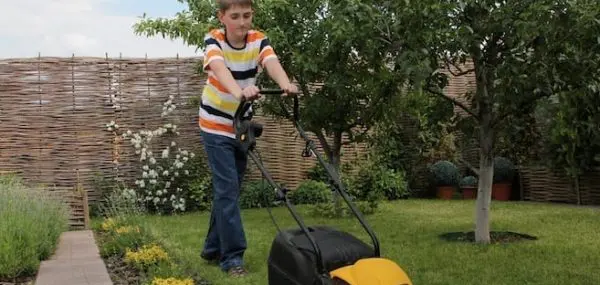Every year, my kids have to do some academic work for school over their break. My fifth grader is required to complete an entire workbook over the summer.

It’s not uncommon for schools to create programs which extend student learning through the summer. These may include required reading, which students will promptly be tested on during their first week back to school. There are also summer online math labs and mini-courses, STEM classes, and computer coding camps. All these courses are intended to stop the so-called dreaded “summer slide.”
Summer slide is the term educators have used for decades to describe the decline in academic retention that occurs during summer break. For various reasons, teachers have long noticed that some students return to school having lost a chunk of what they learned from the previous year.
Summer learning loss is a big concern. There’s no doubt that during grade school, and even middle school years, we should prioritize minimizing the summer slide, but what about when it comes to high schoolers?
Do we need to be concerned about what our teenagers are doing academically during their summer breaks? Or is it more important for them to gain valuable job and life skills during those hot and often boring months? Is that better than spending hours reading classic literature? Or in school labs getting a jump start on AP Chemistry?
It’s no secret the modern teenager is drowning in aspirations of high achievement. College admissions requirements, even at state public universities, often exclude average, yet still high potential, students. Most colleges consider only blemish-free academic transcripts and high school records and students with an ungodly amount of extracurricular activities, and for this and many other reasons, our teenagers are stressed out.
Many teens exhibit symptoms of anxiety as early as the first few months of their freshman year in high school. They worry about class selection and academic performance and standardized test scores. Adding more fuel to the fire is the fact that typical high school days can last as long as 18 hours. These days are packed with activities such as school-sponsored sports and clubs, youth group, community service, and a few hours of homework each night.
So, I say teenagers deserve a much-needed break on their summer vacations.
And while there are some academic things that teens can do through the summer to add to those impending college applications (taking an SAT/ACT prep class for example), summertime is also the perfect chance for young adults to rest their brains for a bit and decompress.
| [adrotate banner=”76″] |
So, what can teenagers do during the summer that will add to their resumes while at the same time giving them some relaxation?
Nonacademic Summer Options for Teens:
1. Get a job
This doesn’t mean it has to be a professional resume builder. Instead, something where teens can learn basic job responsibilities, like showing up on time, taking direction from a superior, and learning the value of a paycheck (including what working for minimum wage feels like.)
2. Volunteer
Forget about the fact that your teen’s school probably requires them to complete a large amount of service hours for graduation. Instead, encourage them to find an organization they want to help or a cause they are passionate about. Volunteering is an empathetic and compassionate act. It may even develop into one your teen begins to enjoy doing beyond the school requirement.
3. Hang out with friends
Today’s teens spend most of their free time with their faces in phones and video game screens. As great as social media can be for making connections, it doesn’t foster face-to-face interactions. That’s a significant problem. Without real-life friendships and socialization, teens miss out on the value of learning to process non-verbal cues, body language, and group interactions. Group texts do not replace relationships, so if your teen wants to spend several hours doing nothing, but doing it with friends, encourage it.
4. Sleep
Finally, those summer weeks during the high school years seem to fly by about as fast as the high school years themselves. Don’t worry about all the things they’re not doing in summer. Instead, worry about all the things they’re going to have to get done once that first school bell rings.

And with a rested and recharged mind and body, they’ll do just fine.




